If you hit your head, you may have had a TBI
Traumatic Brain Injury.
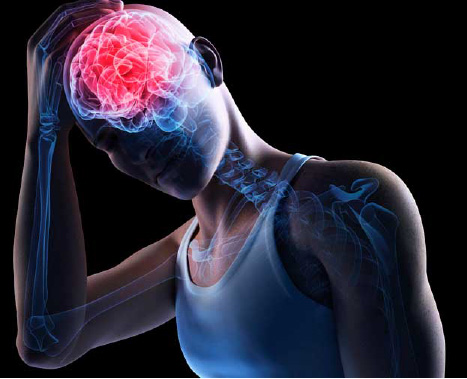
What is Traumatic
Brain Injury?
A non-degenerative, non-congenitally, damage to the brain from an external force.
TBI will possibly lead to permanent or temporary impairment of cognitive, physical, and psychosocial functions.
What happens after TBI?
A brain injury affects who we are, the way we think, act and feel. It can change everything about ourselves in a matter of seconds
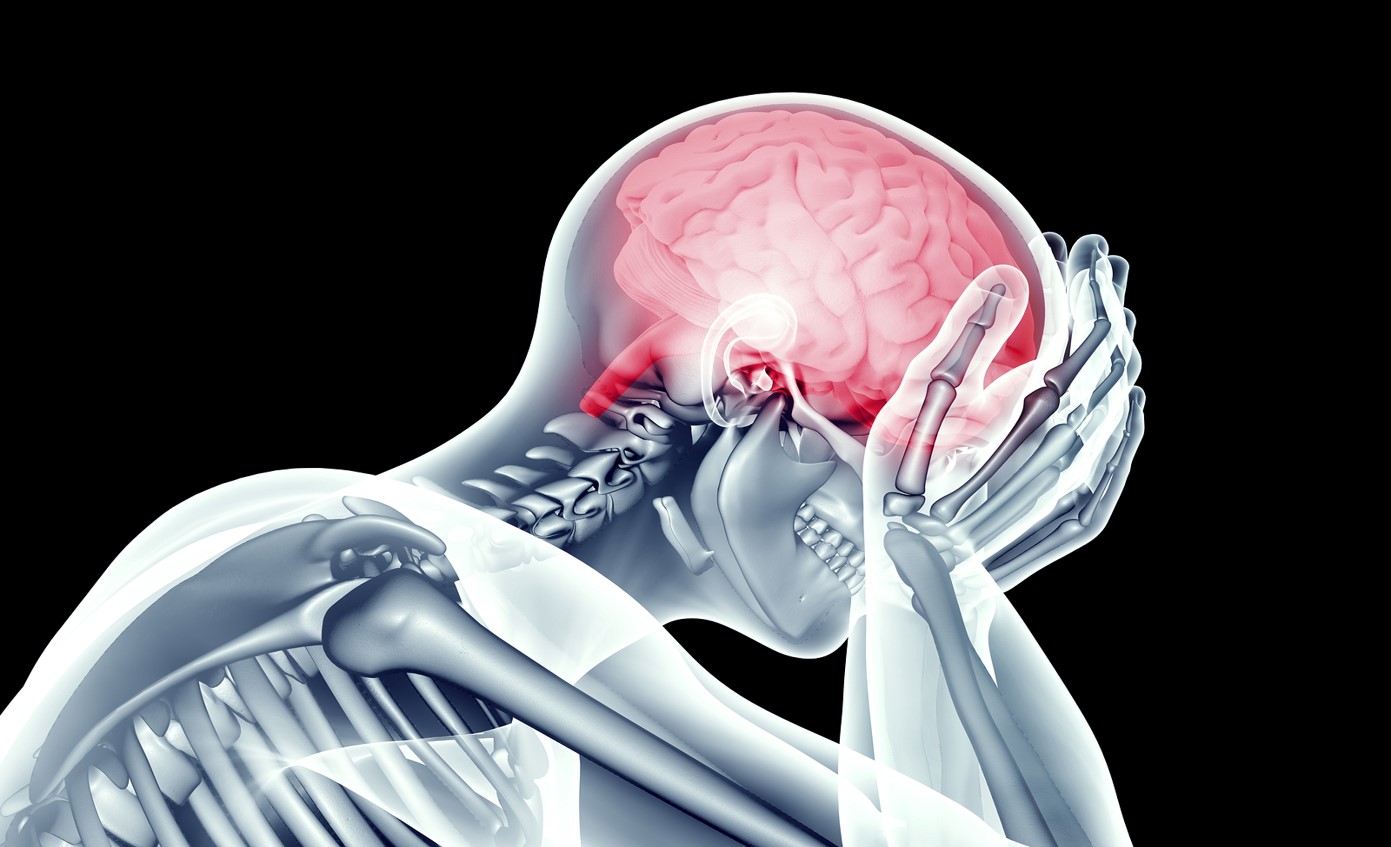
TBIs are most commonly the result of:

Motor Vehicle Accidents
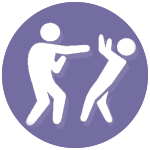
Assault
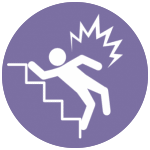
Slip and Falls

Falling Objects
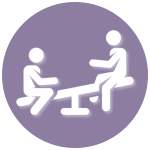
Playground Activities

Sport Injuries
(not just football!)

Bicycling

Soccer

Basketball
MILD TBI is 85% of the cases
Individuals will experience chronic symptoms which interfere with their day to day functioning.
It is both the most prevalent type of TBI and most often missed at time of initial injury.
Brain scans (CT scans, MRIs etc.) may appear normal.
Loss of consciousness is very brief or MAY NOT OCCUR AT ALL.
The person may only appear dazed or confused. Other Names for Mild TBI:
- Concussion
- Minor head trauma
- Minor TBI
- Minor brain injury
- Minor head injury
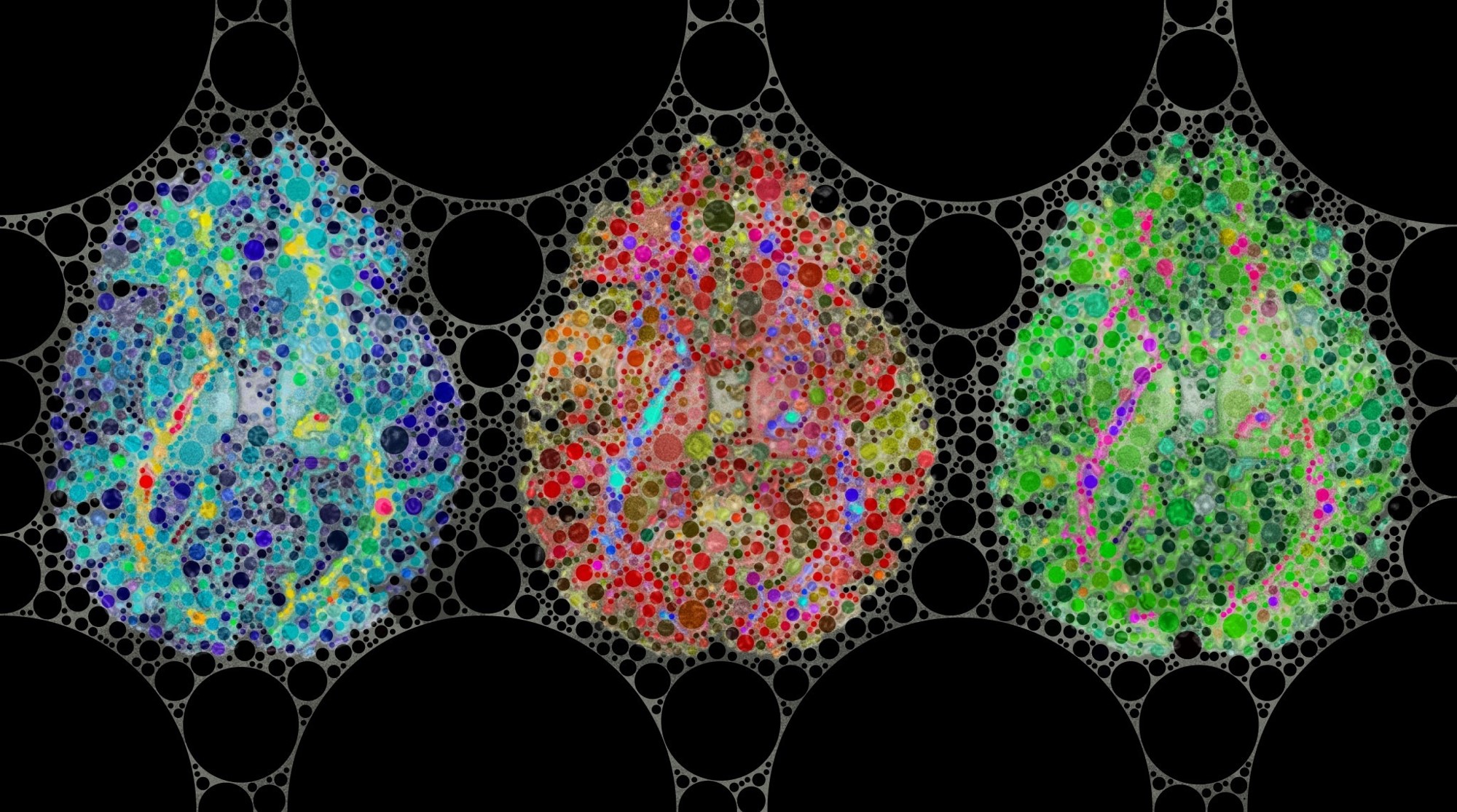
Mild TBI Neuropsychological Outcomes:
Cognitive
- Memory Decline
- Slow Mental Processing
- Attention/Concentration.
Emotional
Sadness
Irritability
Mood Swings
Behavioral
Impulsivity
Aggression
Disinhibition
Physical
Headaches
Dizziness
Fatigue
Pain
The Incident
Being struck by or against an object accounts for approximately 16% of TBI-related ER visits, hospitalizations, and deaths in the United States.
The Injury
Falls are the leading cause of TBI and account for 35% of all TBI-related ER visits. Falls disproportionately affect the youngest (0-14) and oldest age groups (65 and older)
Car accident
Among all age groups, motor vehicle crashes were one of the top three leading causes of TBI-related ER visits, hospitalizations, and deaths (17%).
Coup Injuries and Countercoup Injuries
Sports
Sports-related injuries account for 9% and assault accounts for 10% percent of TBI cases.
When trauma occurs, axons are stretched and rip apart. The brain is filled with millions of axons. This not only disrupts the cell’s ability to communicate, but as the destroyed axons begin to degenerate, they release toxins which cause the death of neighboring brain cells

About Dr. Sara Malagold, PhD
Because my patients are my family
Dr. Sara R. Malagold is the founder and director of Full Psychology. She has over 20 years of experience working in the Mental Health field, treating children, adults, and elderly patients.
Originally from Uruguay, she pursued her doctorate studies at the renowned University of Belgrano in Argentina. Specializing in Clinical Psychology and Neuropsychology, she obtained her PhD in 1998, she holds a Master’s degree in Psychoimmunoneuroendocrinology and a Bachelor’s degree in Biology form the University of Bar Ilan in Israel.
20 +
Years of experience
10,000 +
Patients treated all over the world
10 +
Pharmacological and cognitive research studies
We are here for you